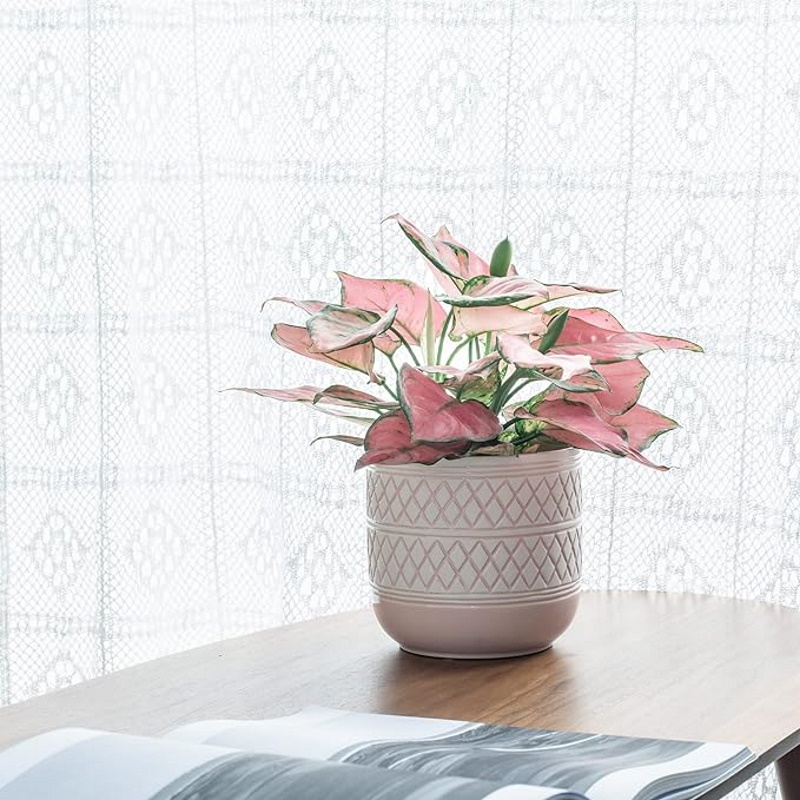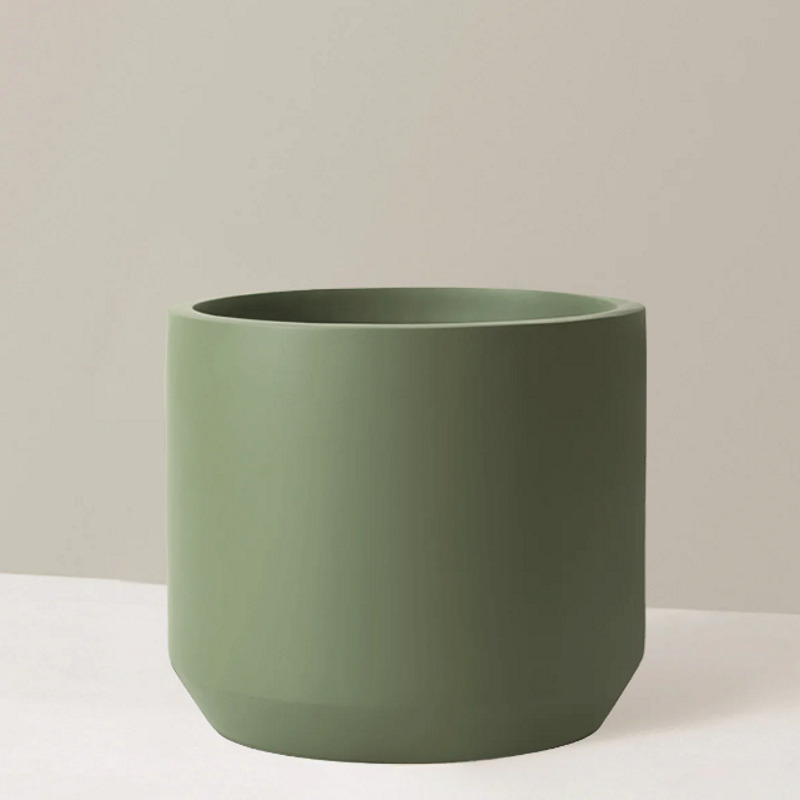Scientists say new glowing plants could replace artificial yard lighting
Light Bio is selling bioluminescent plants that glow in the dark as an alternative to artificial yard lighting
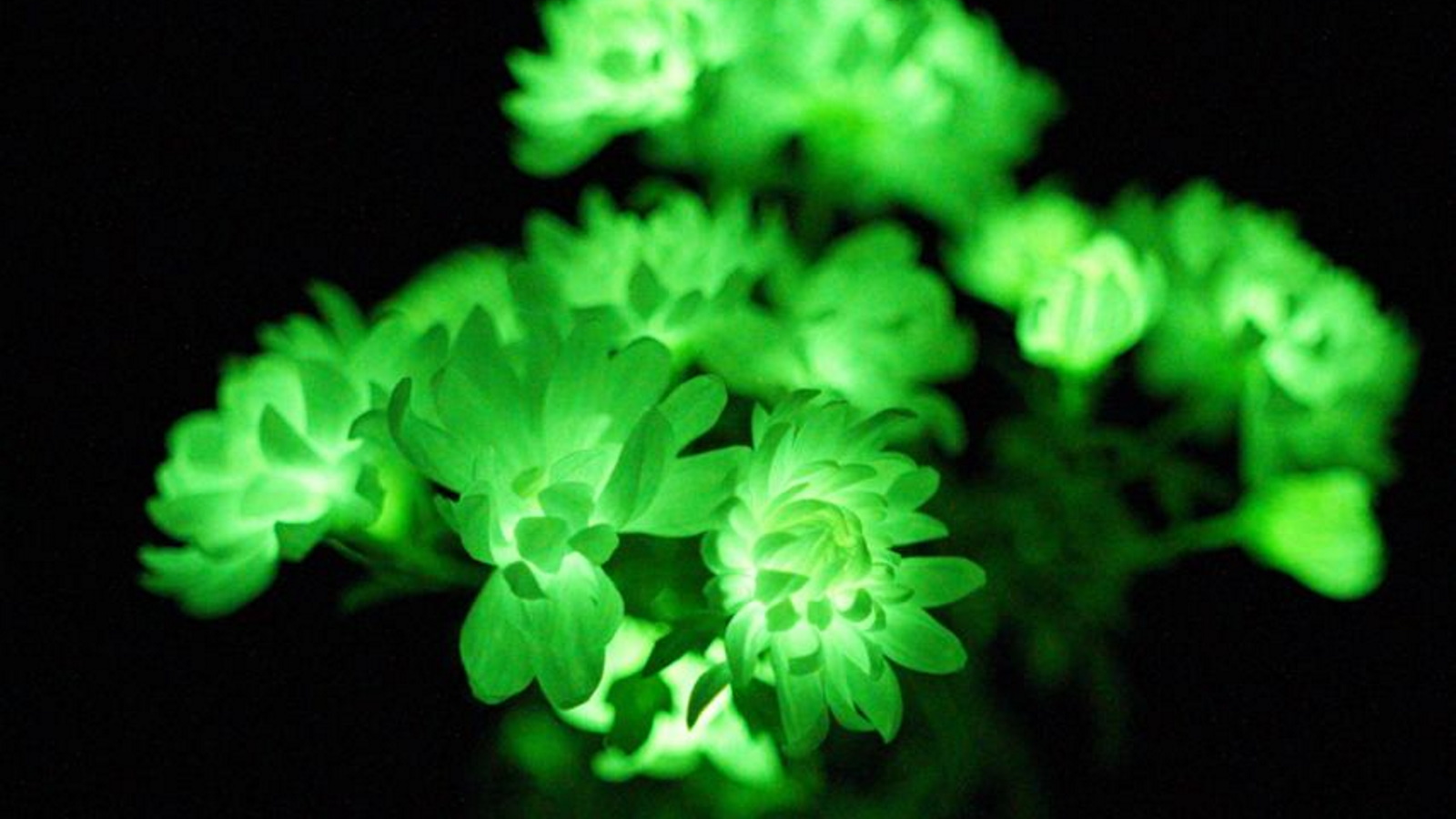

There's a new backyard lighting option on the scene as synthetic biology scientists have developed plants that glow in the dark, which they say could provide an alternative to artificial lighting.
The team of 26 scientists, who work across nine research organizations, used mushroom genes to brighten plants. The first bioluminescent petunias will go on sale in the US as of February 1st.
The Firefly™ Petunia is available in the 48 contiguous states of the US and promises to give off an 'ethereal glow' at night, from a seedling to a mature plant with an abundance of flowers.
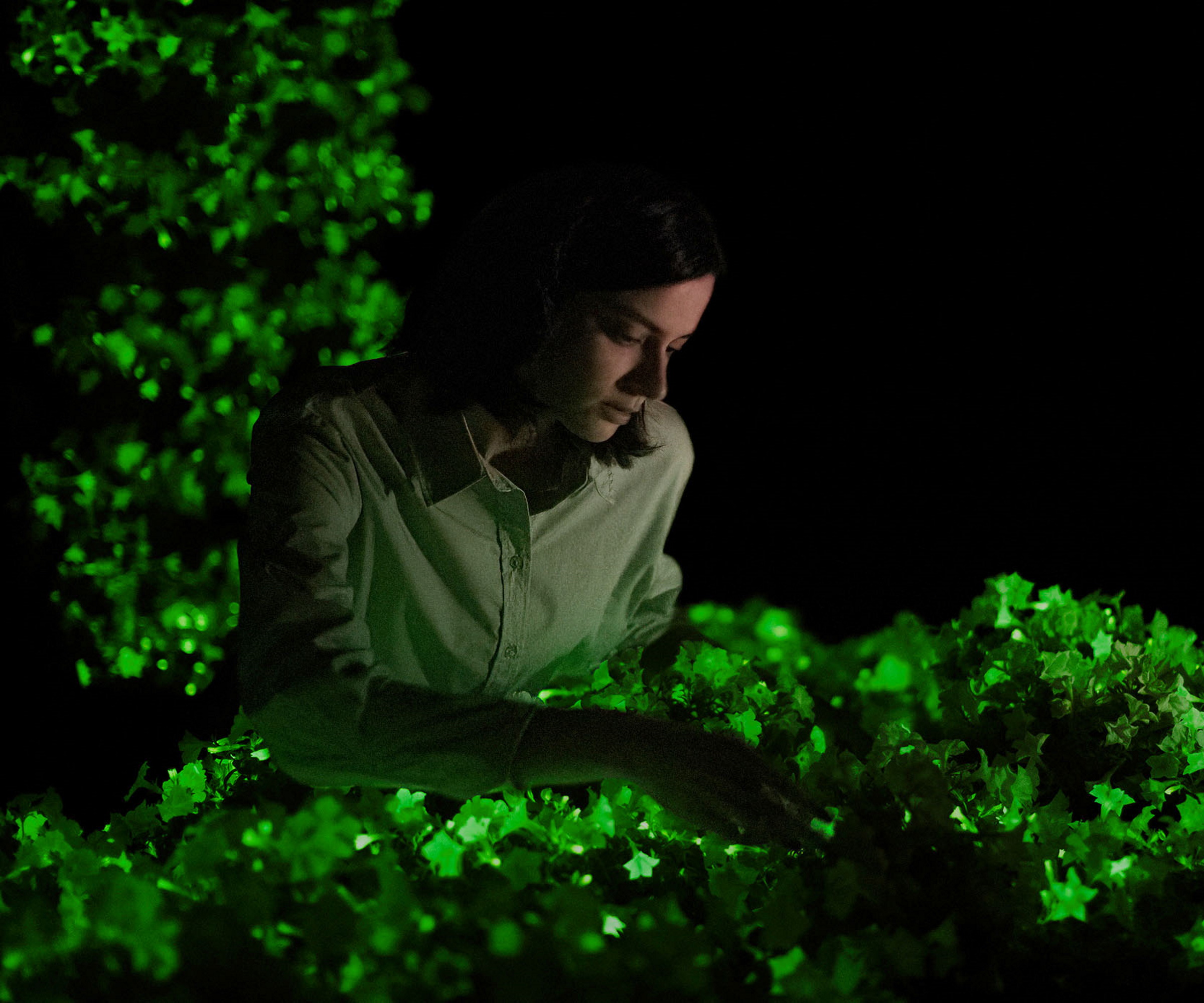
'As part of the scientific team that discovered the bioluminescence genes from fireflies, I helped create the first glowing plant in 1986, which has inspired scientists worldwide,' says Keith Wood, CEO of Light Bio.
'In the forty-odd years since, we have discovered a new bioluminescence technology that now allows us to bring these delightful plants to consumers. We can’t wait to see their reactions and to discover the bright future ahead for this incredible technology,' he adds.

Keith Wood has over 30 years of experience in research and development, primarily in the biotech industry. Keith started his career at Promega Corporation in 1990 and had various roles, including Head of Research, R&D Director, and R&D Group Manager. At Promega Corporation, he also served as an Industrial Fellow. In 2019, Keith joined Light Bio, Inc. as the Chief Executive Officer.
Made from mushrooms
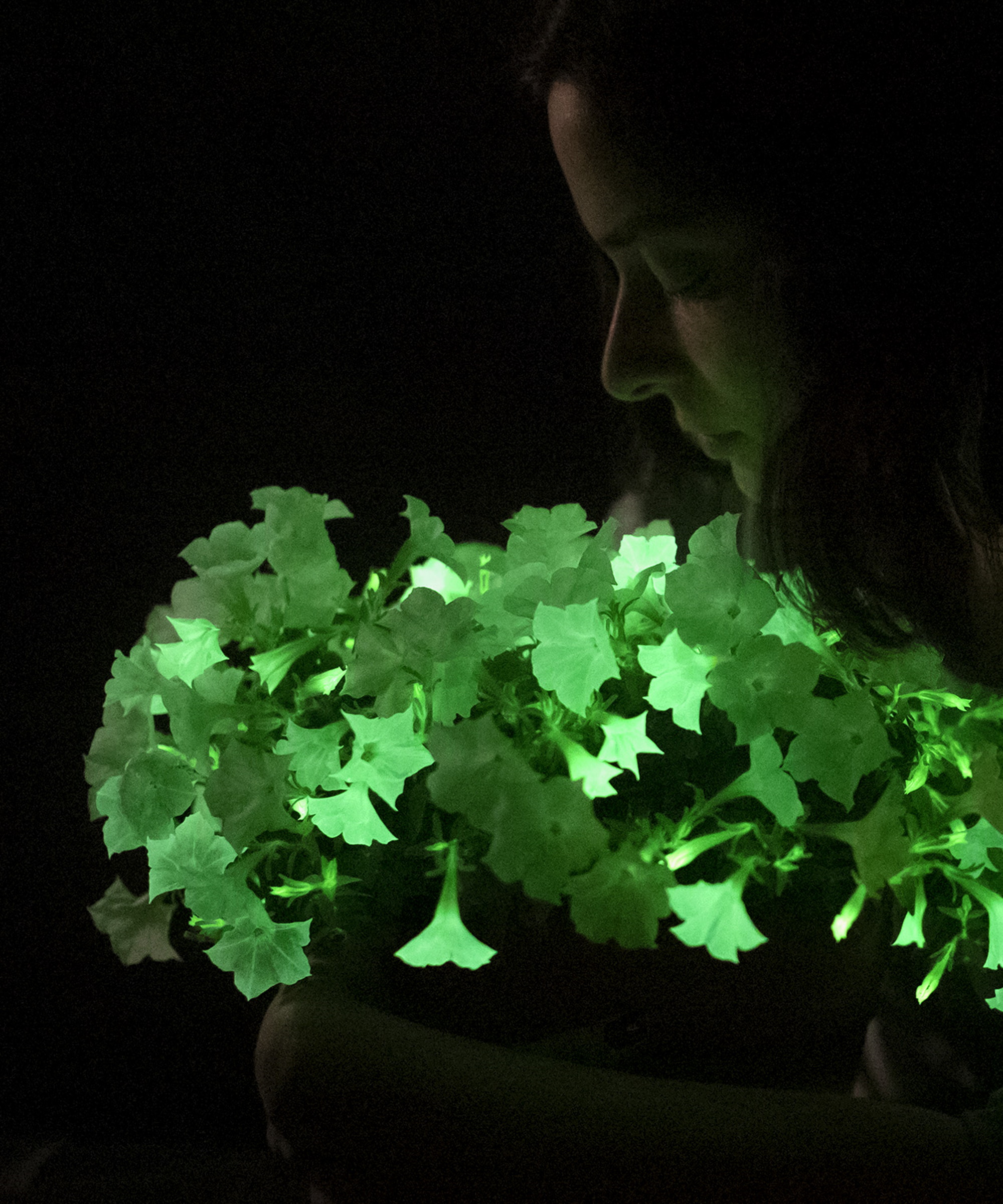
Unlike artificial yard lighting (such as string lighting like this set of string lights from Amazon), the magic of glowing petunias is made possible by optimizing isolated genes from different species of luminous mushrooms.
It builds on an earlier discovery that you can create continuously glowing plants by inserting DNA from the glowing mushrooms, revealing similarities between mushroom bioluminescence and plant metabolism.
Sign up to the Homes & Gardens newsletter
Design expertise in your inbox – from inspiring decorating ideas and beautiful celebrity homes to practical gardening advice and shopping round-ups.
The petunias, sold by Light Bio, have optimized genes inserted in them to boost their luminous appearance.
'This achievement isn't just novel and exciting - it shows how the power of synthetic biology can light a passion for nature and technology,' says Jason Kelly, CEO and co-founder of Ginko Bioworks, a Light Bio partner in this project.
The Firefly™ Petunia's development and availability comes after the US Department of Agriculture determined that the genetically engineered plants from Light Bio can be safely grown and bred in the United States.

Jason Kelly is the co-founder and CEO of Ginkgo Bioworks. He has served as a member of our board of directors since Ginkgo’s founding in 2008. He has also served as a director of CM Life Sciences II Inc. (Nasdaq: CMII), a special purpose acquisition company with a focus on the life sciences sector, since its initial public offering in February 2021. Dr. Kelly has a Ph.D. in Biological Engineering and a B.S. in Chemical Engineering and Biology from the Massachusetts Institute of Technology.
Shop indoor plant pots online
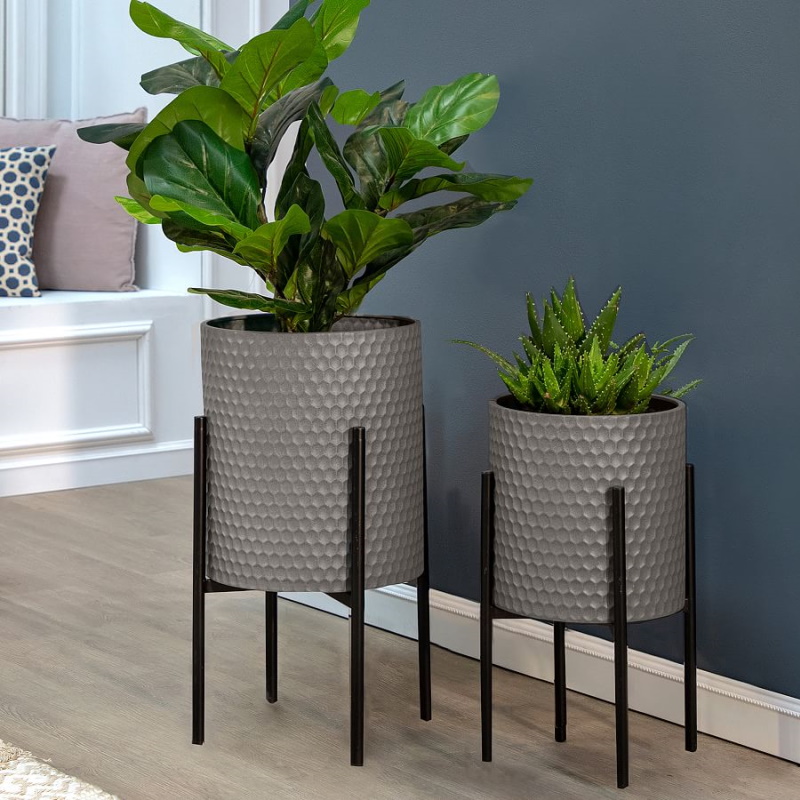
The modern dots and dark matte finish of this planter set complement contemporary interiors and houseplants of all colors and textures.
If you are on the hunt for new front yard lighting ideas or outdoor lighting in general, would you opt for a glowing plant instead?

Tenielle is a Gardens News Writer at Homes & Gardens. She holds a qualification in MA Magazine Journalism and has over six years of journalistic experience. Before coming to Homes & Gardens, Tenielle was in the editorial department at the Royal Horticultural Society and worked on The Garden magazine. As our in-house houseplant expert, Tenielle writes on a range of solutions to houseplant problems, as well as other 'how to' guides, inspiring garden projects, and the latest gardening news. When she isn't writing, Tenielle can be found propagating her ever-growing collection of indoor plants, helping others overcome common houseplant pests and diseases, volunteering at a local gardening club, and attending gardening workshops, like a composting masterclass.
-
 Bethenny Frankel calls this $695 machine the 'Rolls-Royce Cullinan of coffee' – it's a must-have luxury buy for iced-coffee lovers this springtime
Bethenny Frankel calls this $695 machine the 'Rolls-Royce Cullinan of coffee' – it's a must-have luxury buy for iced-coffee lovers this springtimeThe Real Housewife swears by a luxurious machine that makes nitro cold brew, cold brew, and cold espresso at the touch of a button – here's why it's worth it
By Sophie Edwards Published
-
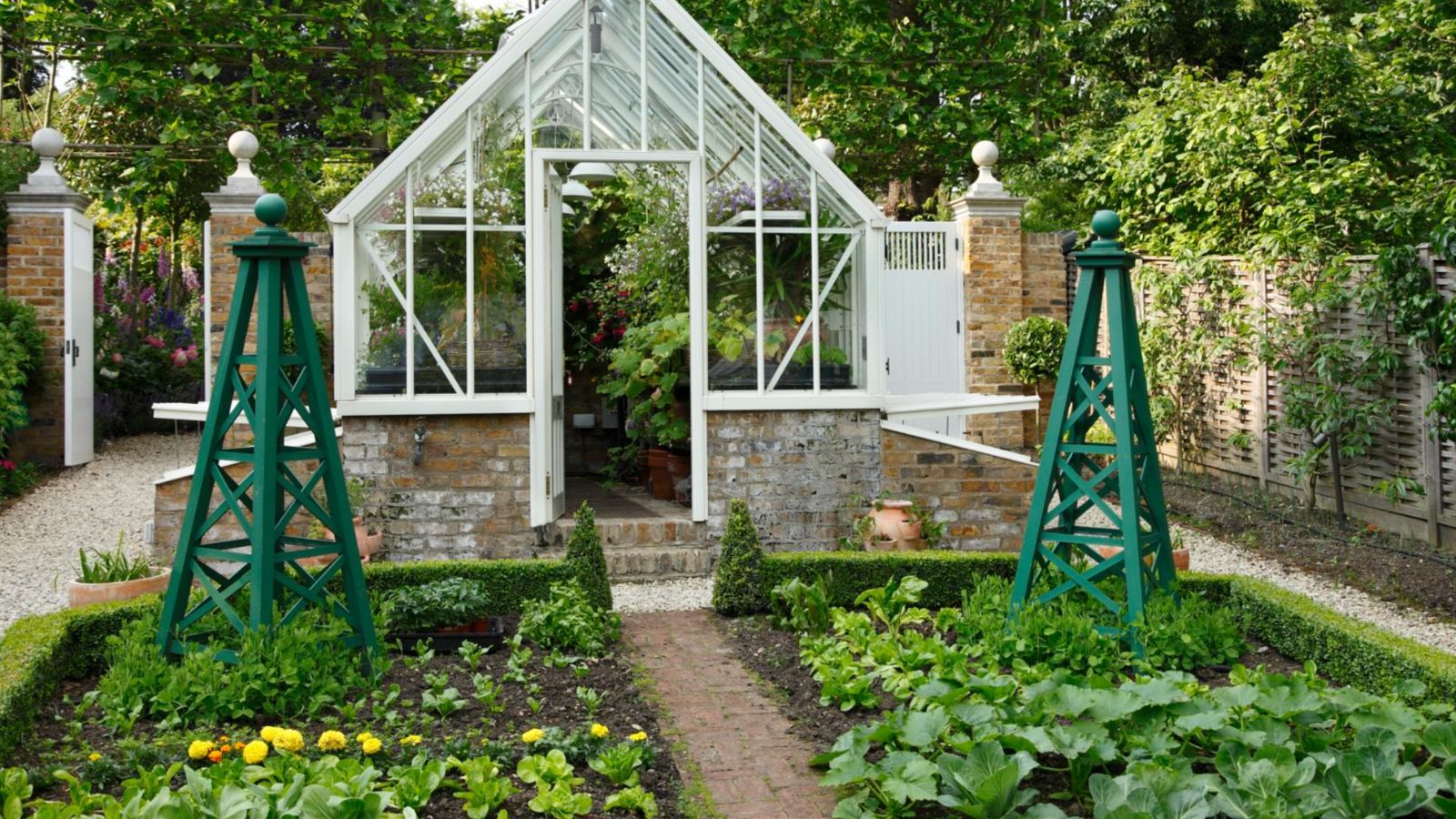 The long-awaited ALDI $40 raised bed garden planter is finally back, and it is perfect for small gardens and apartments
The long-awaited ALDI $40 raised bed garden planter is finally back, and it is perfect for small gardens and apartmentsThis highly-rated wooden planter sells out every year, so be fast
By Jennifer Ebert Published
